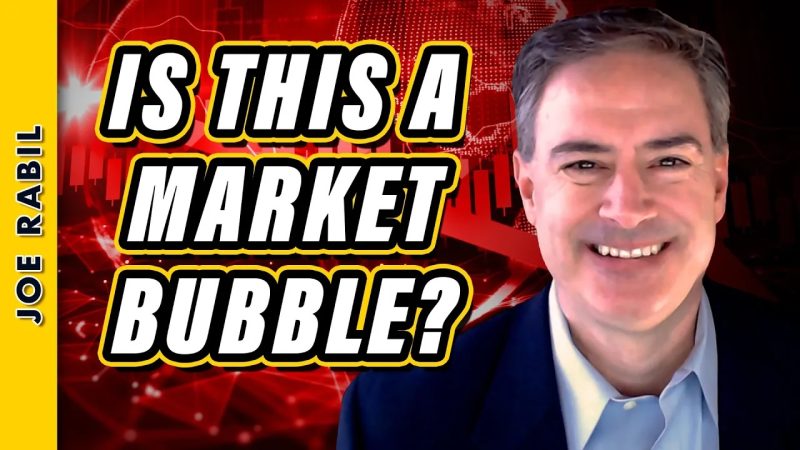In recent months, the financial markets have experienced unprecedented volatility and speculation, leading many experts to question whether we are witnessing a market bubble or investor mania. While some argue that the current fervor is justified by strong economic fundamentals and the promise of technological innovation, others warn that excessive speculation and irrational exuberance could set the stage for a painful correction.
One key factor driving the debate is the rapid rise of meme stocks, particularly those championed by online communities such as Reddit’s WallStreetBets. Stocks like GameStop and AMC Entertainment have seen astronomical gains fueled by social media hype and coordinated buying campaigns. While some investors have profited handsomely from these moves, others have been left holding the bag as prices have inevitably corrected.
Another area of concern is the surge in SPACs, or special purpose acquisition companies. These blank-check companies have become a popular vehicle for taking private companies public, allowing retail investors to participate in high-growth opportunities. However, critics warn that many SPACs are overvalued and lack the due diligence associated with traditional IPOs, increasing the risk of investment losses.
Cryptocurrencies have also come under scrutiny, with the meteoric rise of Bitcoin and other digital assets leading some to label them as speculative bubbles. The decentralized nature of cryptocurrencies has attracted a new wave of investors seeking to profit from the promise of blockchain technology and the potential for decentralized finance. However, the lack of regulation and extreme volatility in the crypto markets have raised concerns about investor protection and systemic risk.
On the other hand, proponents of the current market climate point to the unprecedented levels of fiscal and monetary stimulus being deployed by governments and central banks around the world. The trillions of dollars injected into the economy have propped up asset prices and fueled a risk-on environment, where investors are willing to take on more risk in search of higher returns.
Furthermore, the rapid pace of technological innovation and the rise of disruptive industries like electric vehicles, renewable energy, and artificial intelligence have created a fertile ground for growth investing. Companies like Tesla, Amazon, and Apple continue to deliver strong earnings and drive market valuations to new heights, attracting both retail and institutional investors seeking exposure to these secular trends.
In conclusion, while it’s clear that the current market environment is characterized by both exuberance and caution, the question of whether we are in a market bubble or investor mania remains open to interpretation. As investors navigate these uncertain waters, it’s essential to stay informed, diversify portfolios, and exercise disciplined risk management to weather potential downturns and capitalize on long-term growth opportunities.
